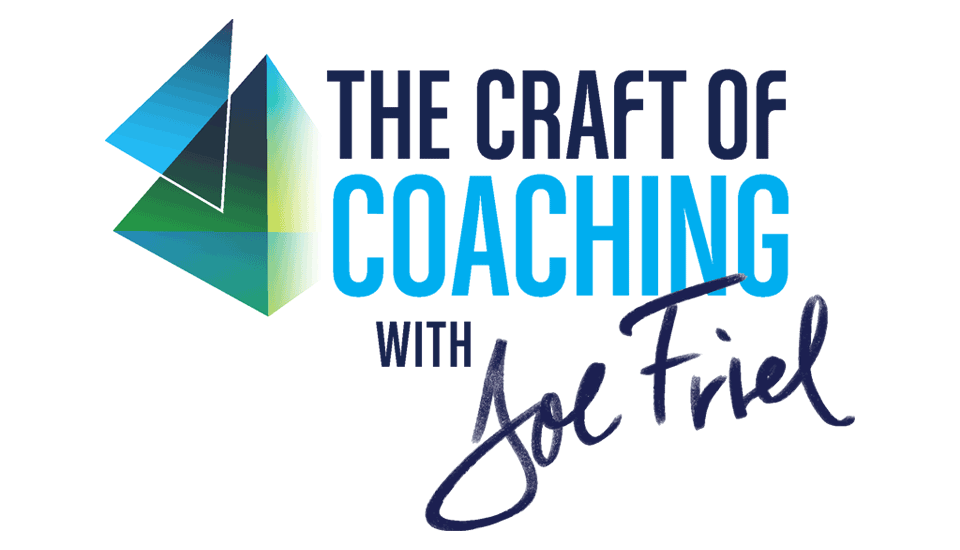Performance Gains from Year-Round Training
RELATED: Fast Talk Episode 141—How to Create Multi-Year Development Plans
Coaching works best as a process of building performance, rather than a hot pursuit of an outcome. Coach Julie Young describes the performance gains a busy executive experienced at the Leadville 100 mountain bike race. Breaking from his habit of cramming for the event with just six months of training, he committed to year-round coaching, incorporating strength and stability work and building the mental resilience that made him a better athlete.
Video Transcript
Joe Friel 00:04
Julie, I’m sure you’ve coached lots of athletes over the years who have to come to you with different perspectives on what training is all about. They have goals and want to achieve sometimes very high goals, but they’re not exactly sure how to get there. Sometimes it can be a lot of fun to work with these athletes, because you can help them grow quite a bit. Just because of your background as a coach and what you know about preparing for competition, can you give us an example of any athletes you’ve had along that same line of being able to bring them along from an introductory level, perhaps to a very high level of performance?
Helping Athletes Achieve Their Highest Potential
Julie Young 00:40
One athlete comes to mind, it’s a guy that I coach for Leadville. The athletes have a tendency to get kind of stuck on an event, and when I first started with him, he would contact me about six months out. Of course, he’s a busy professional, and so we’d have to maximize his finite time, and for me as a coach, that didn’t feel great. It’s a sense of cramming, and I want to create these training plans that feel lifestyle. He did well at Leadville that year, but then I think it’s part of the coach’s job to educate the athlete in terms of “the why.” So, just having conversations with him afterward, in just saying, gosh, the beauty of year-round training is that you have time to hit these different objectives. For example, off-season, which I hate to call it off-season, because I feel like so many important things happen, but it’s the time to do a good strength program, and so helping him understand why he would do that strength program and how it would help him. Eventually he came around, and so now we work on a year-round basis. It’s just patience in the process. He’s really bought into it, and he’s so motivated, he’s like, straight-A student. His performance year after year at Leadville has just improved.
Joe Friel 02:07
You mentioned the off-season, and I know what you mean about that. I tried to change the language I use with my athletes, we call it the transition season, so it didn’t seem like they were “off” but rather transitioning to a new season. But, you’d mentioned this athlete that you’ve helped to bring along, and you had to convince this athlete (it sounds like) that he needed to do some work in what was (being called) the off-season. How would you go or how did you go about doing that with this athlete?
Work in the Off-season
Julie Young 02:34
For me, it really is educating. Being patient with that education and being consistent with that. Helping him understand directly, connecting the dots. How is it going to relate to his goals, and so, for example, with the strength work, it’s just allowing that athlete to create that external load so they can get more recruitment. Then, at the same time, during that period just developing that base, and all the important things that come along with the endurance intensity. Then, for me, in a training program, it’s never about riding the bike more, I think we can do a lot with less. I really focus on off-bike work and doing a lot of stability, trunk stability, hip stability, hip mobility work. I find it interesting that cyclists, because there’s so gear-focused that they’ll really fixate on the grams of their bike or dropping grams. It’s like, gosh, if you got your posture awesome, and really stable, you would be producing more power. I think it’s really important, again, it’s all about educating, you’ve got to help the athlete understand why they’re gonna get on the yoga mat and do this work, because I think that’s a really tough sell. But if you can help them understand they’re going to improve, their improved posture is going to improve power output, it’s going to reduce any sort of back injury potential, again, connecting the dots for the athlete.
Joe Friel 04:07
That’s the gymnasium side of coaching then, it’s not just all the bike.
Julie Young 04:12
Correct! I really believe in that consistent stability, mobility work through the year, where we have that phrase in quote “your transition season,” that is the majority of the strength work. But then, that stability work really happens through the year.
